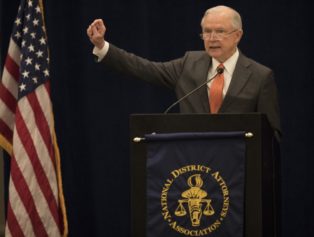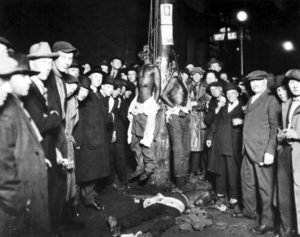Lance Armstrong, the former seven-time Tour de France champion, has told close associates that he is contemplating admitting to the use of performance-enhancing drugs, according to the New York Times Friday.
In the past, the 41-year-old Armstrong has stoutly denied the use of performance-enhancing drugs, but is now having second thoughts because the admission would help restore his athletic career in running events and triathlons, according to the article. Armstrong has been barred for life from competing in athletic events sanctioned by the U.S. Anti-Doping Agency and the World Anti-Doping Agency.
The New York Times report is cited by anonymous sources, but Armstrong’s attorney Tim Herman told the Associated Press that he is unaware that his client may be considering a confession.
“When, and if, Lance has something to say, there won’t be any secret about it,” Herman said.
David Howman, the director general of the World Anti-Doping Agency, said that he has not been approached by Armstrong, but would be open to having a conversation with him.
“I would be open to any discussions. Never say never… I’m prepared to listen to anybody,” Howman told ESPN.com.
Herman said at the present time there is not a deal on the table for Armstrong to confess to anti-doping officials, but close associates say that he was taking steps to admit drug use and that he had been in discussions with the U.S. Anti-Doping Agency. Armstrong met with Travis Tygart, the agency’s chief executive, to possibly reduce the lifetime ban he received for playing a significant role in doping while riding for the U.S. Postal Service team in Tour de France competitions.
Armstrong will face some difficult hurdles if he confesses, but can get his lifetime ban reduced. Most triathlons and running events are commonly sanctioned by organizations that abide by the World Anti-Doping Code.
The World Anti-Doping Code states that an athlete may be eligible for a reduced punishment if he fully confesses and details how he doped, who helped him dope and how he got away with doping. His lifetime ban could be reduced to eight or four years, at best, according to anti-doping experts. But if he confesses he could possibly face perjury charges.
There is no current timeline on when Armstrong may have a final a decision about possibly confessing, but his decision may come sooner than expected if the U. S. Justice Department joins a whistle-blower lawsuit. Floyd Landis, Armstrong’s former postal service teammate, is the sole plaintiff in the lawsuit. Landis was also stripped of the 2006 Tour de France title for doping.
Many personal corporate sponsors have dropped Armstrong and he recently stepped down from Livestrong, the cancer-fighting charity he founded in 1997 after surviving his battle with cancer.
Armstrong has yet to make a public announcement, but Herman assured that Armstrong is in good spirits.
“He’s doing OK for a guy that has had his livelihood and his life torn from him, but he’s very strong,” Herman said.

